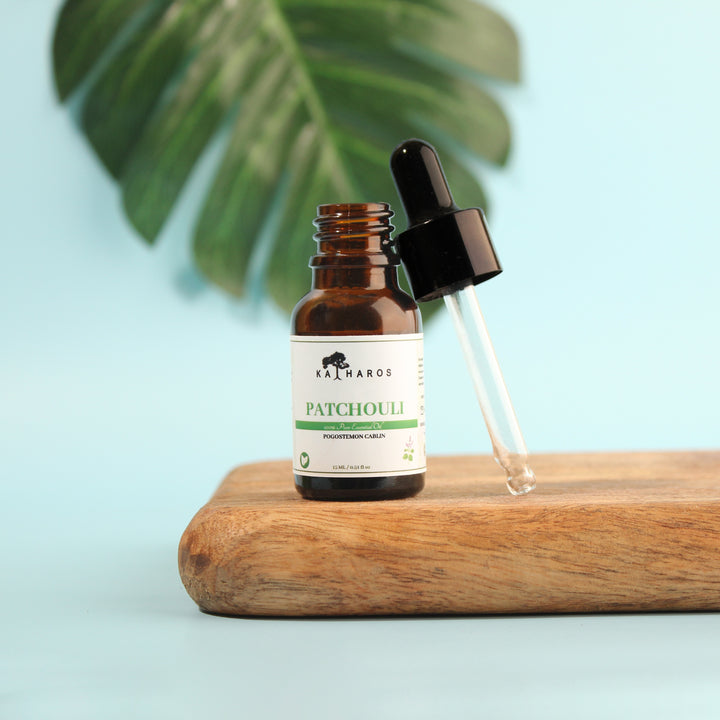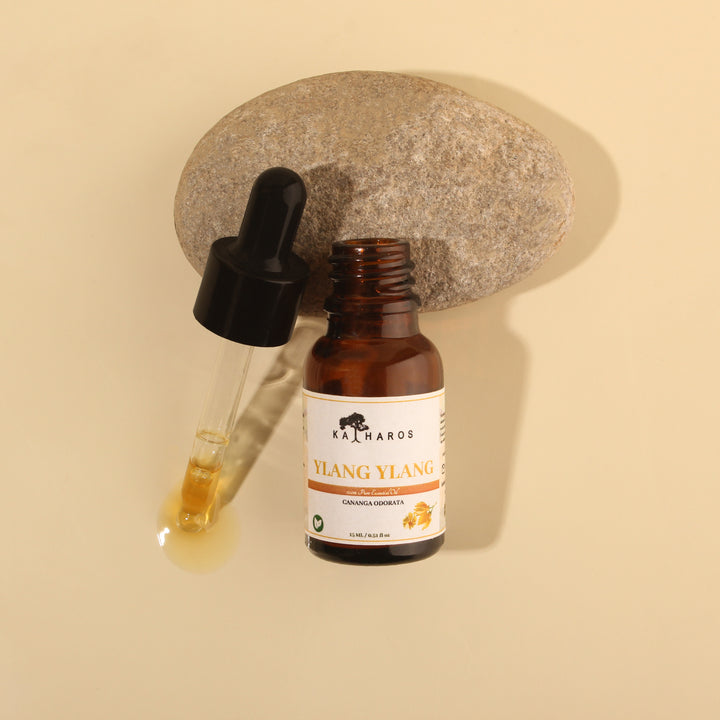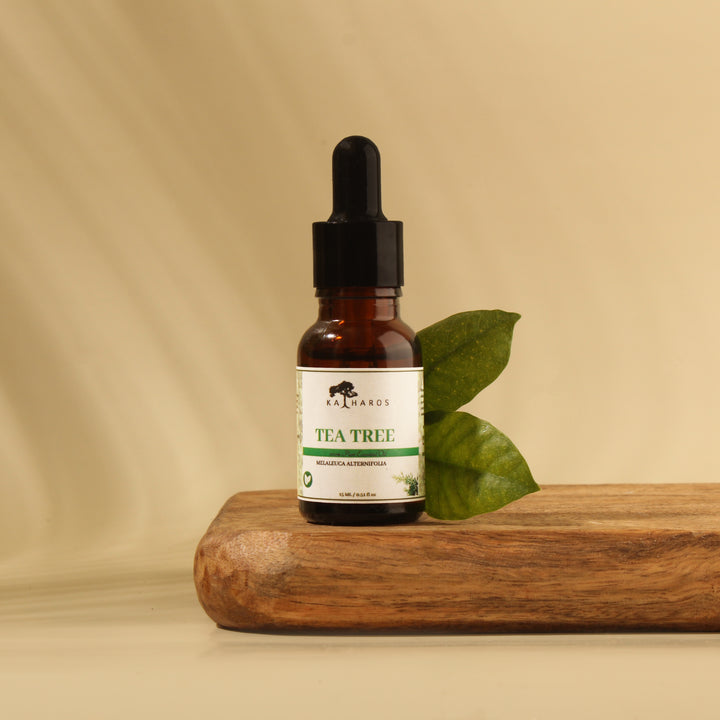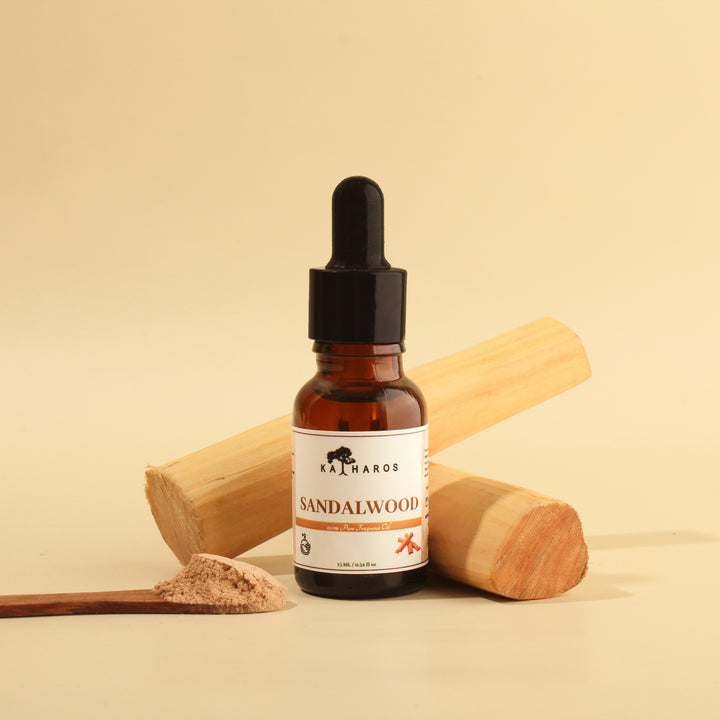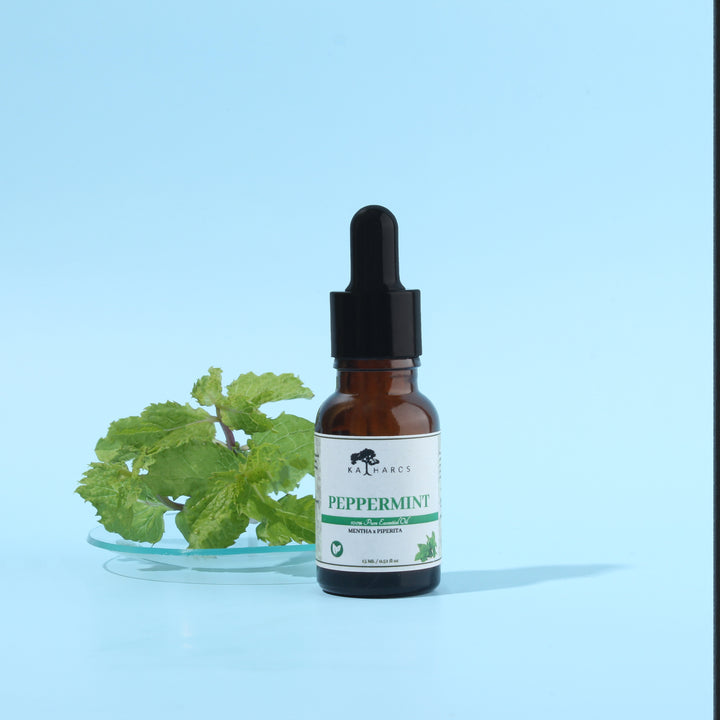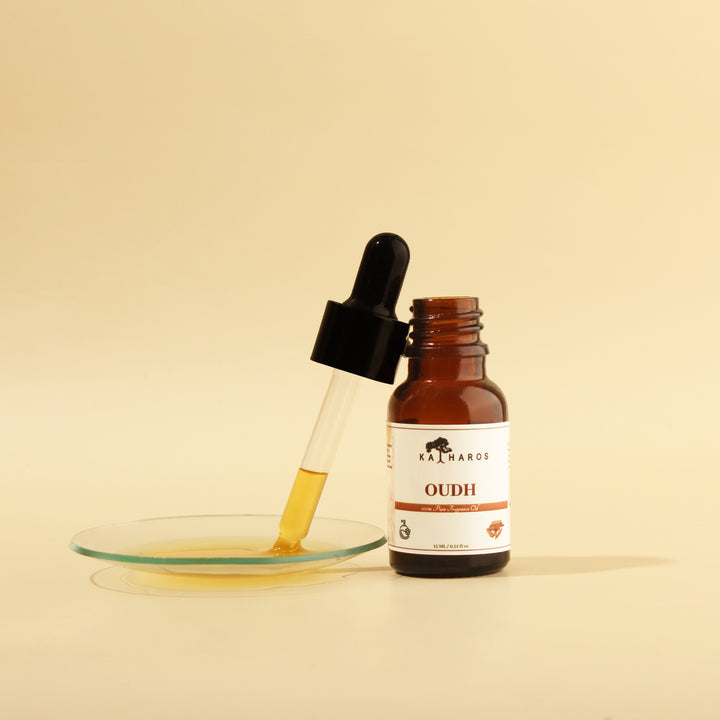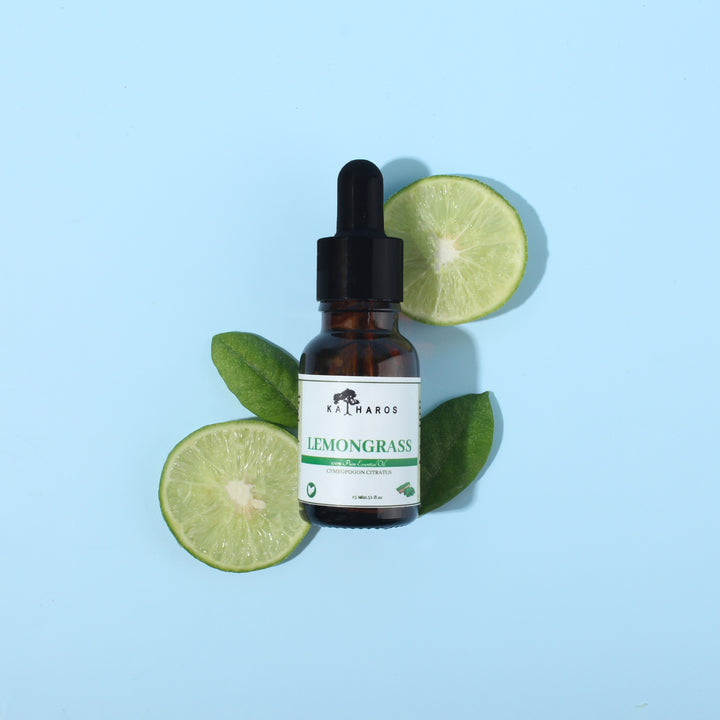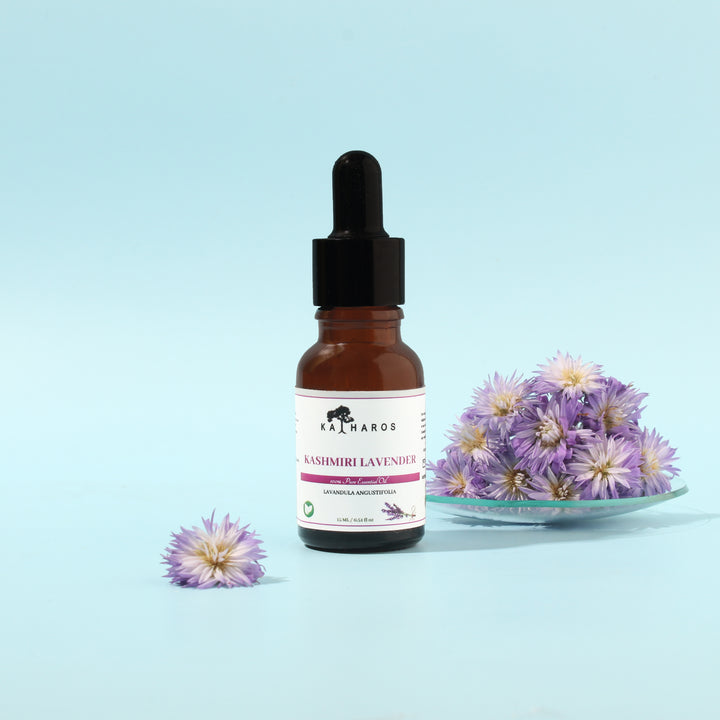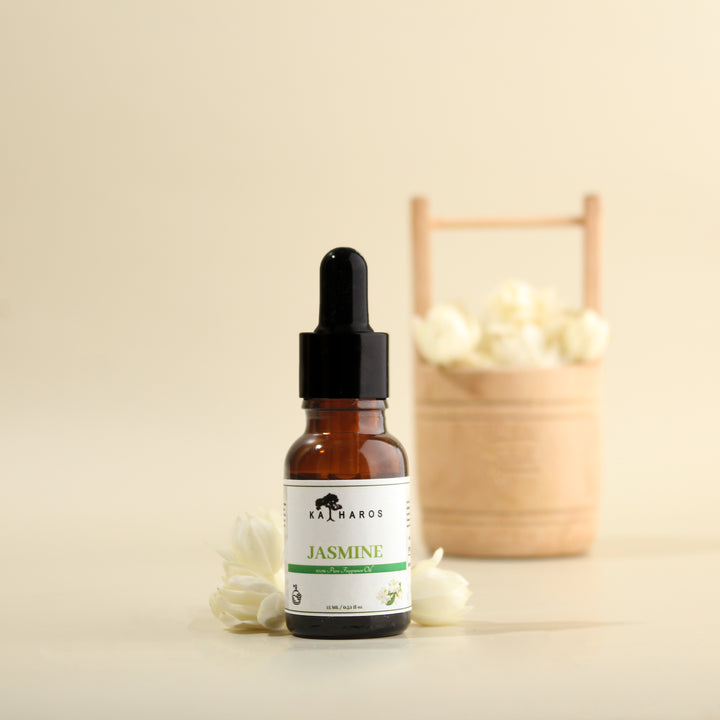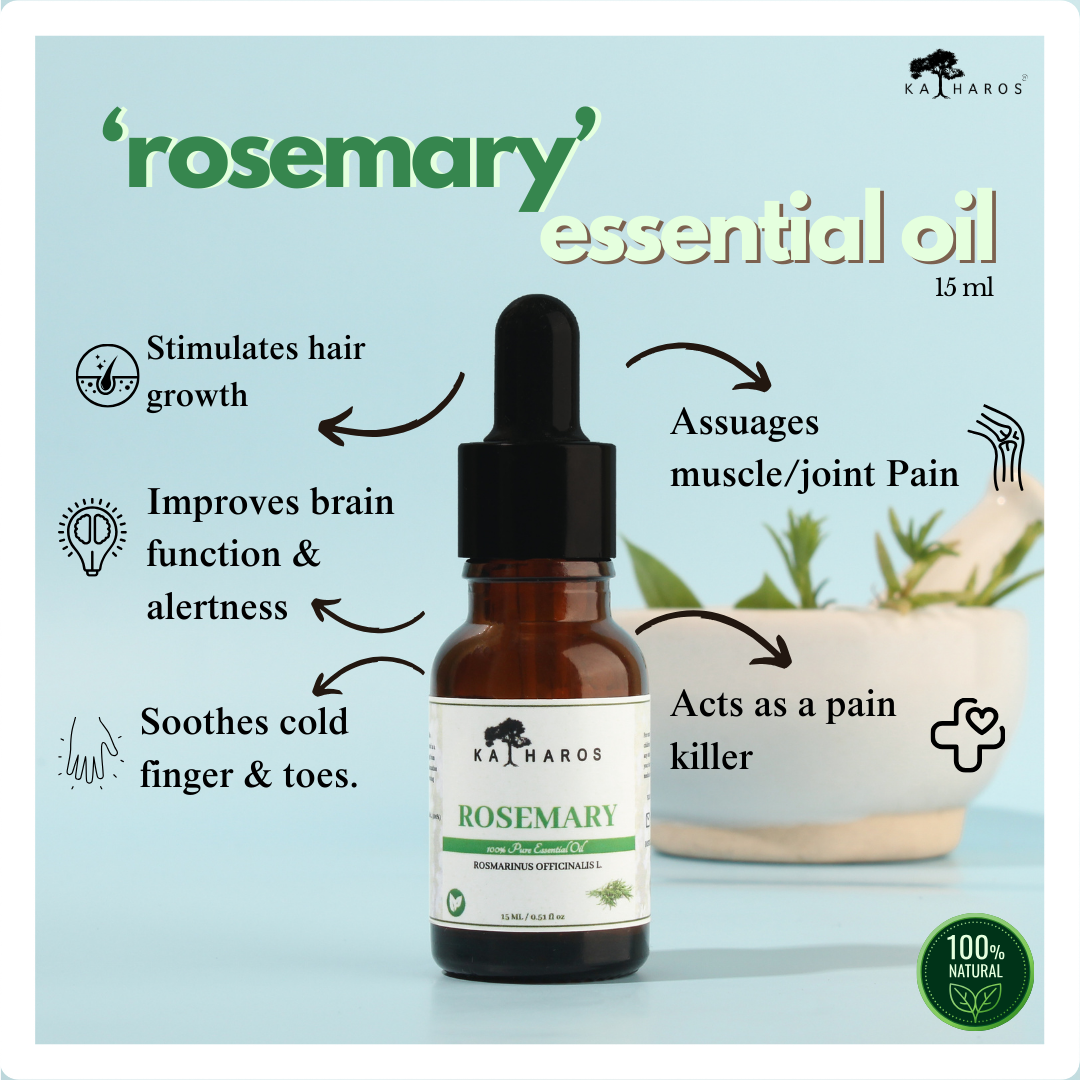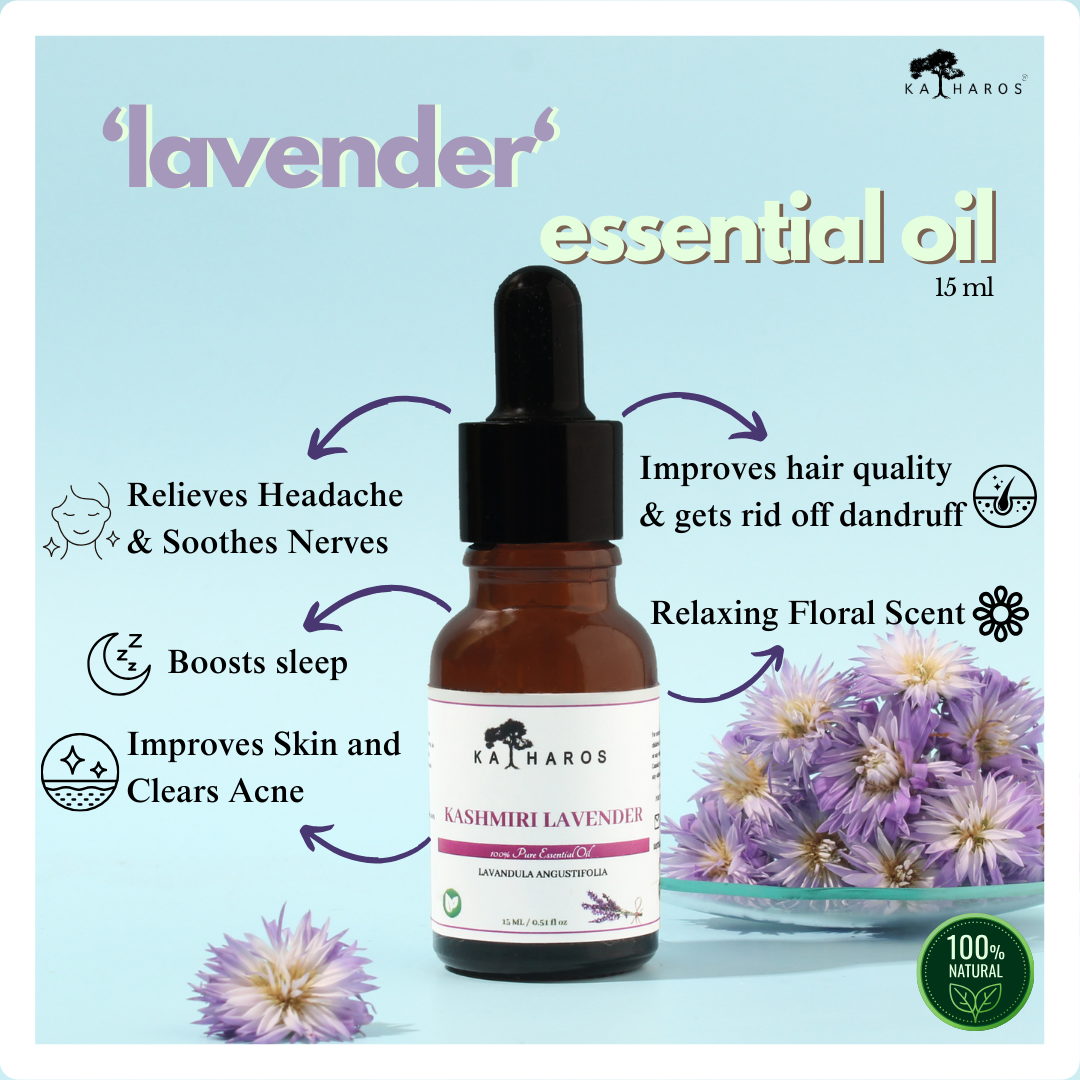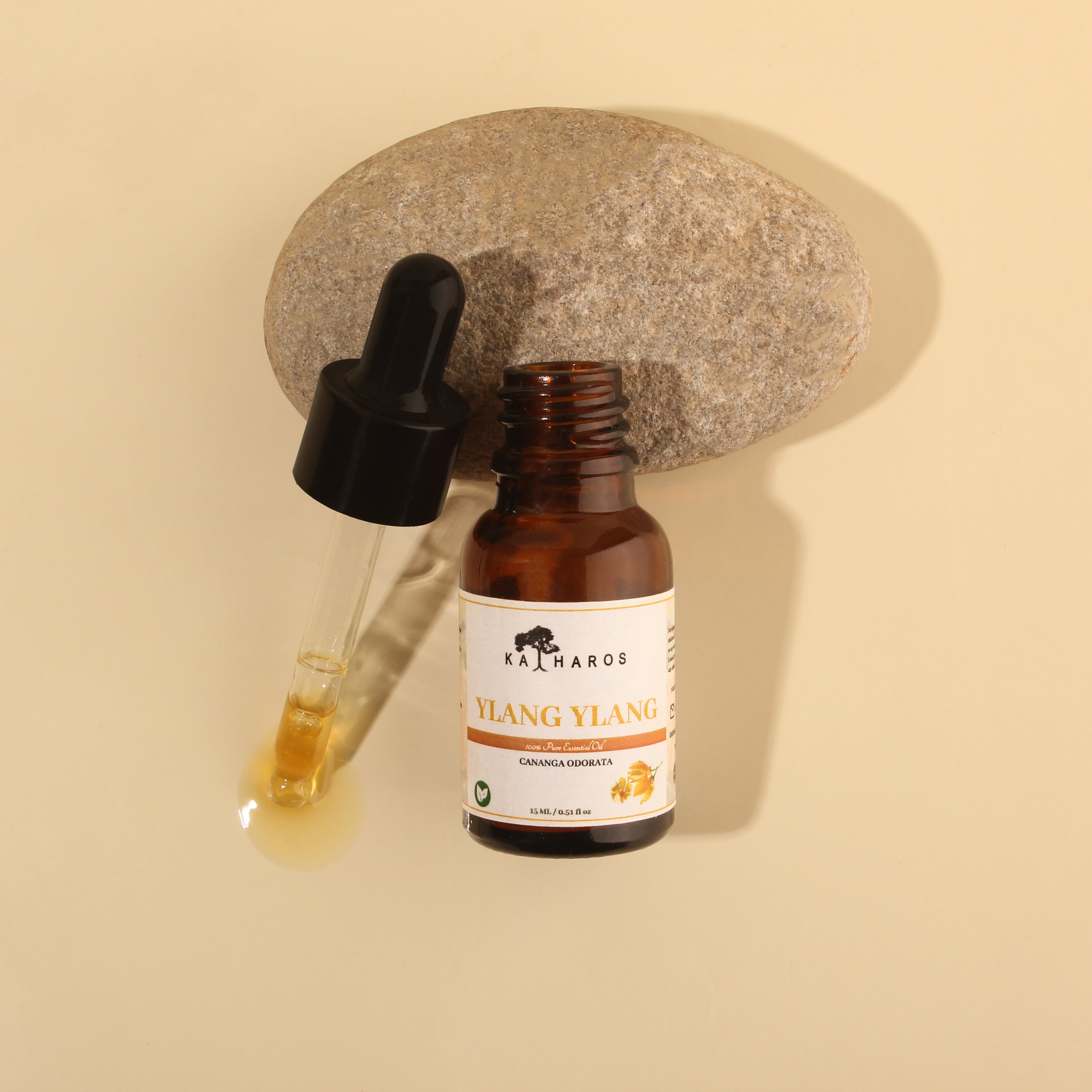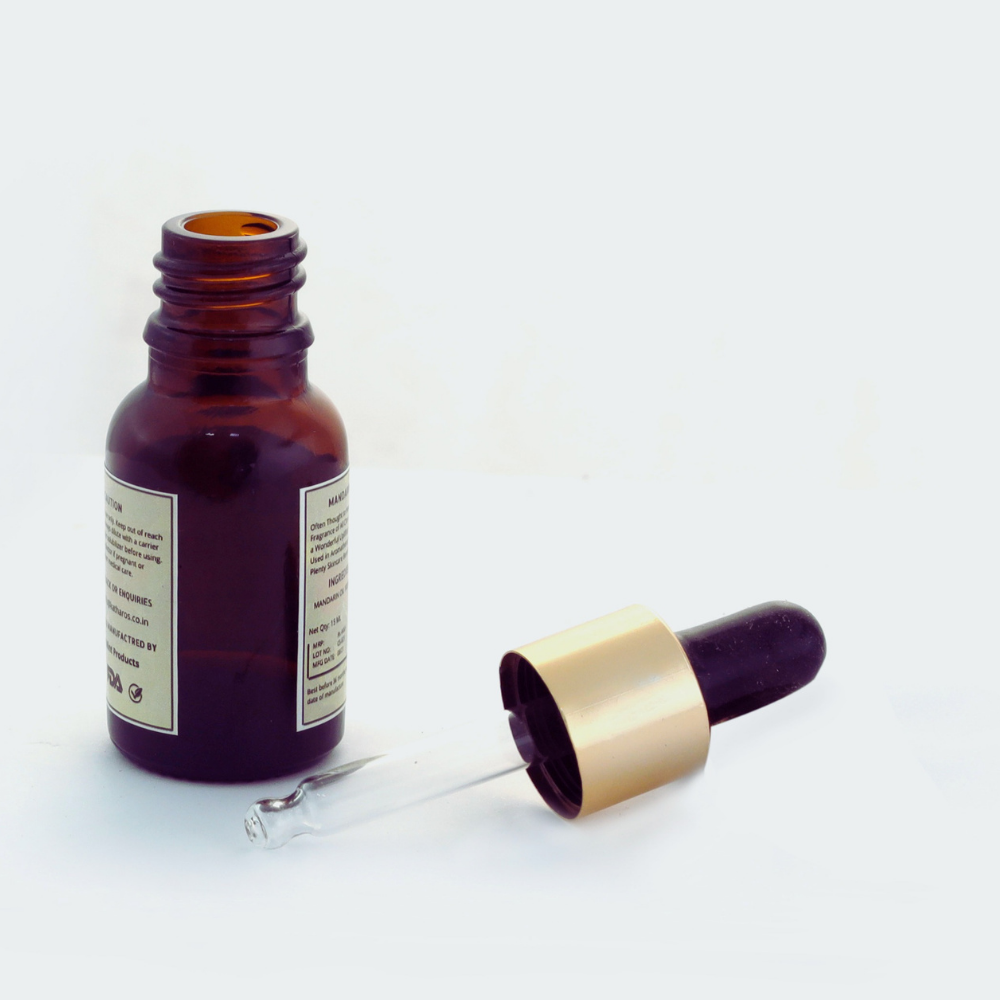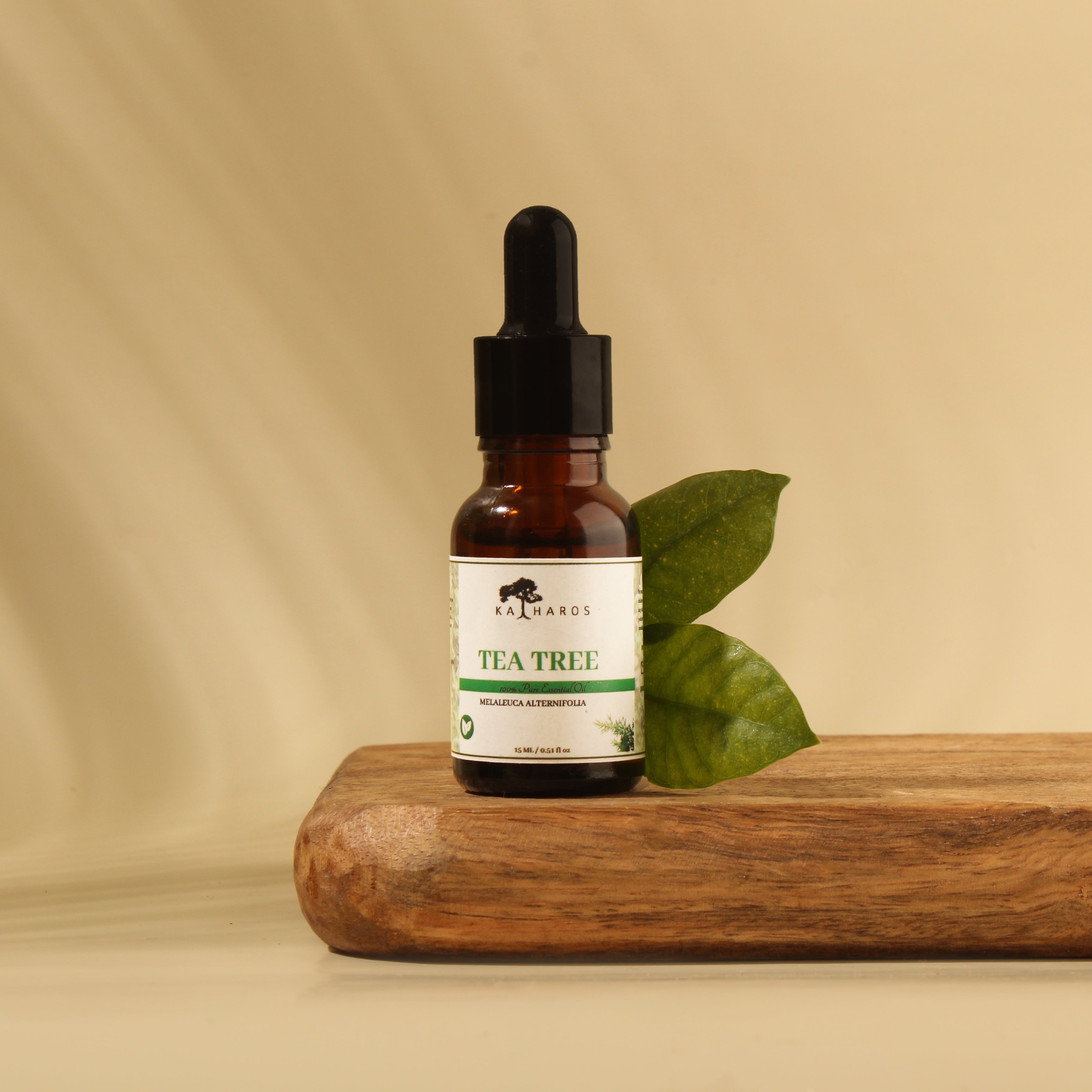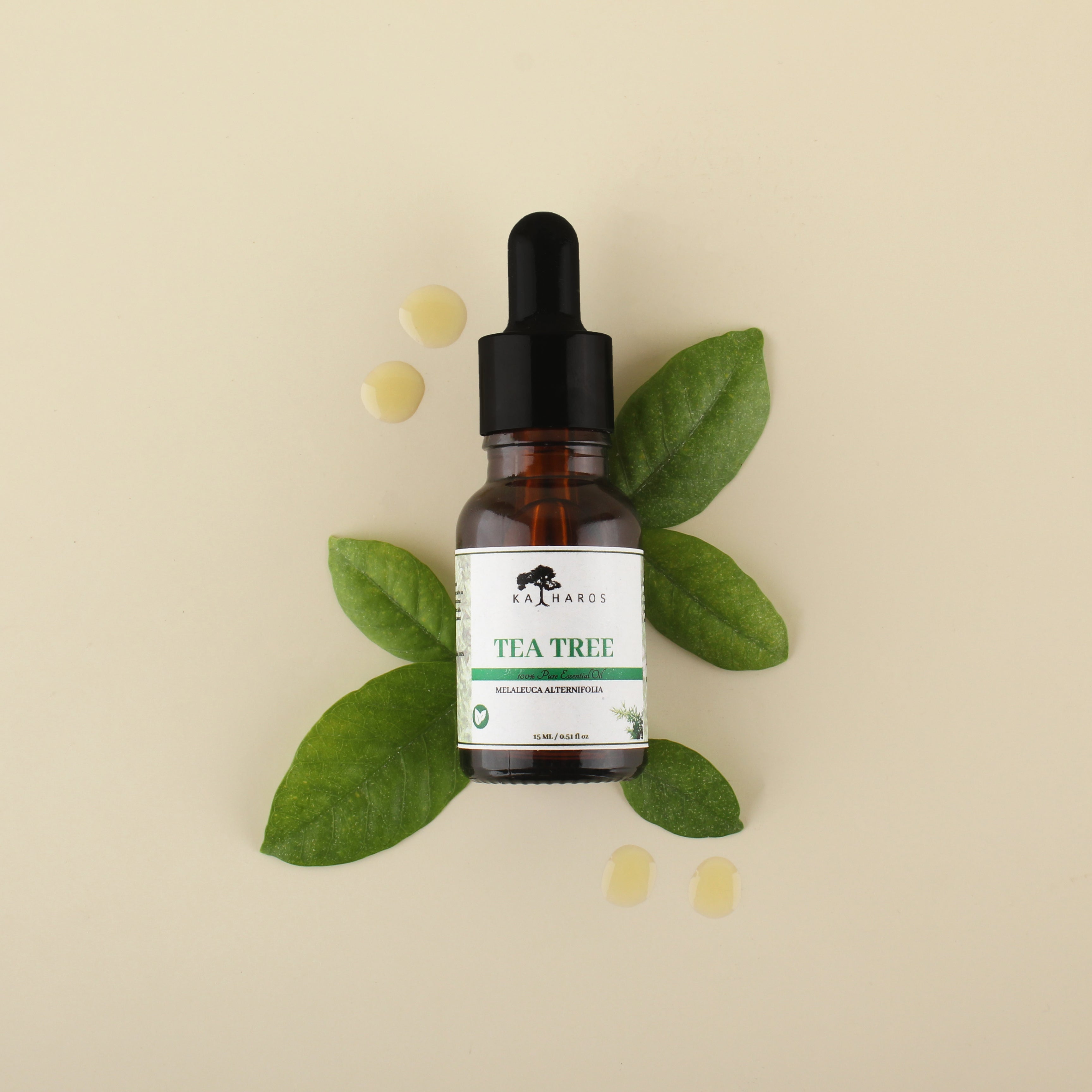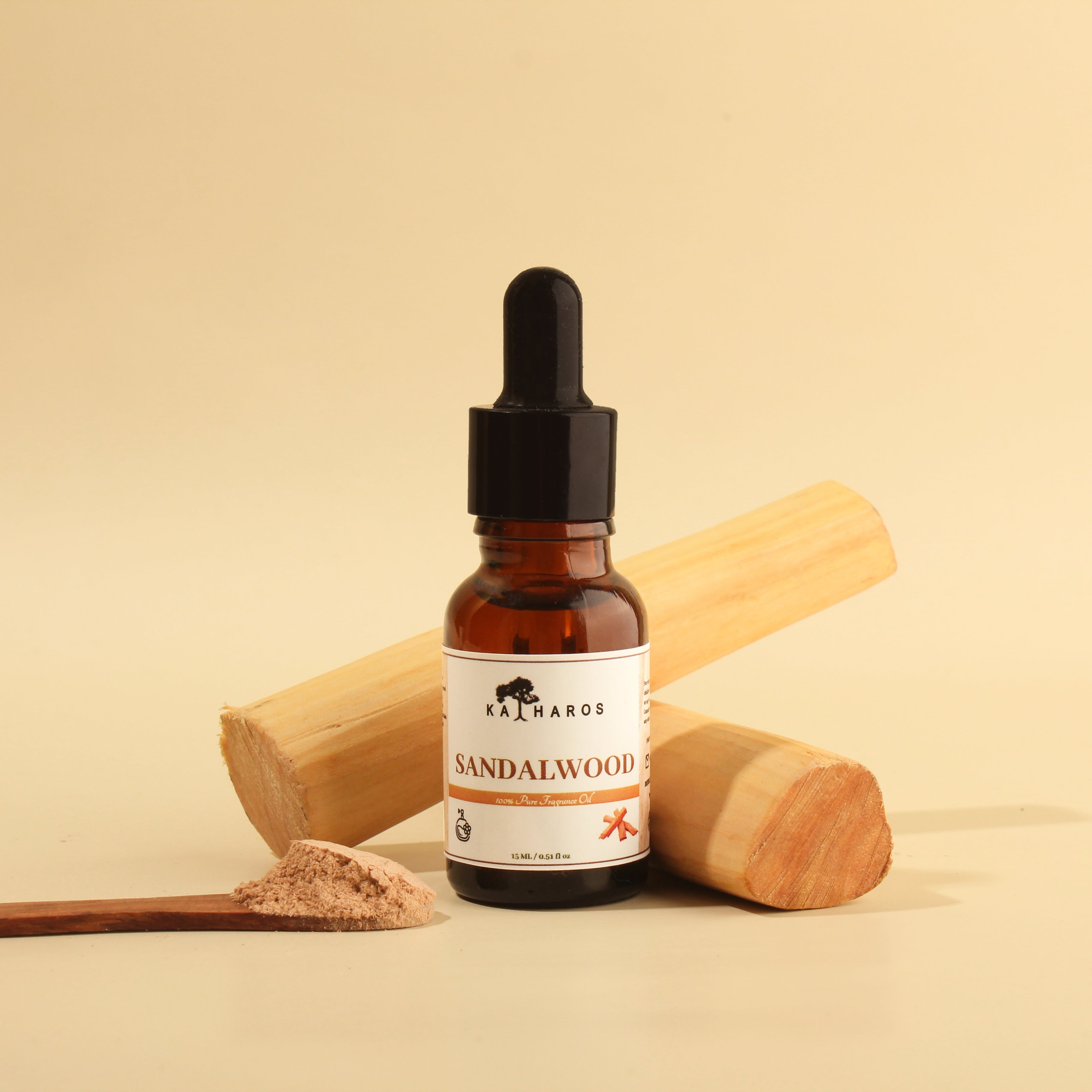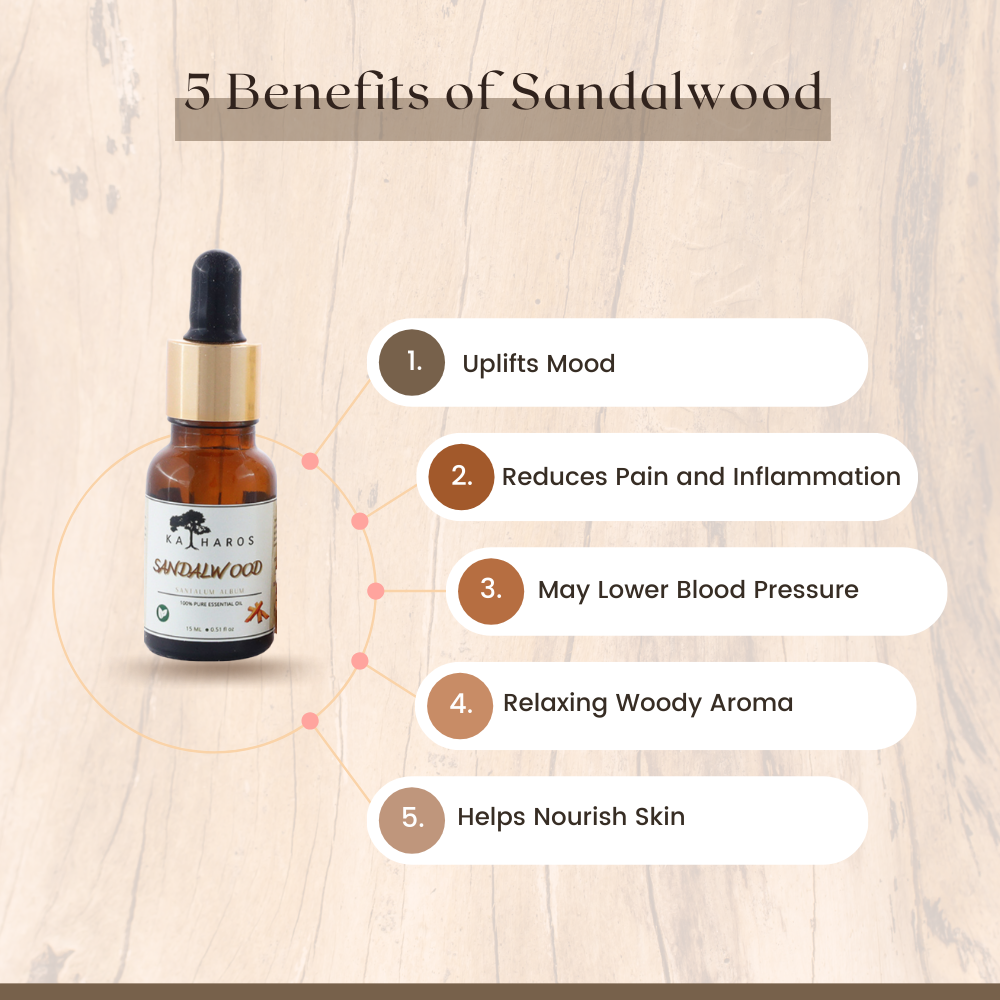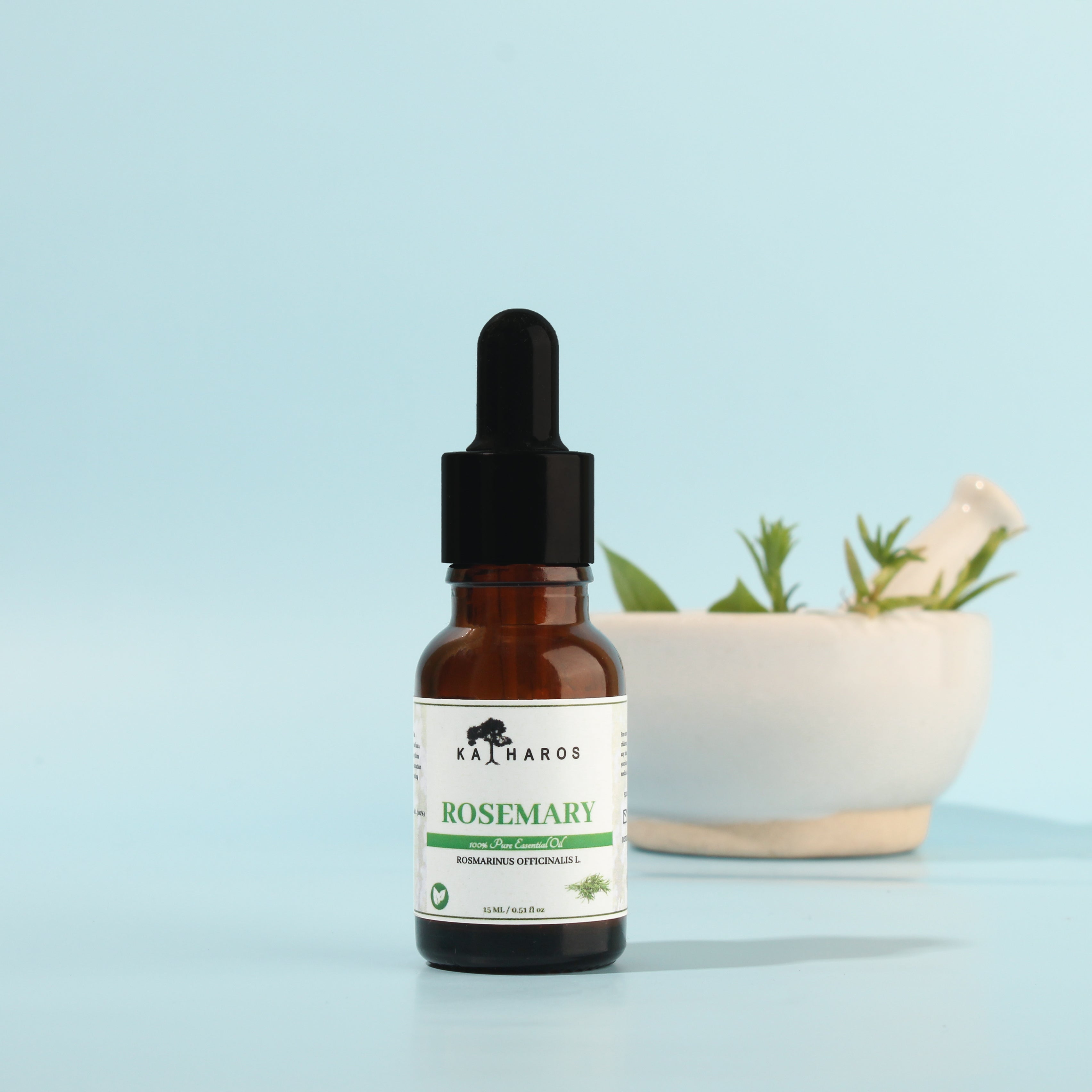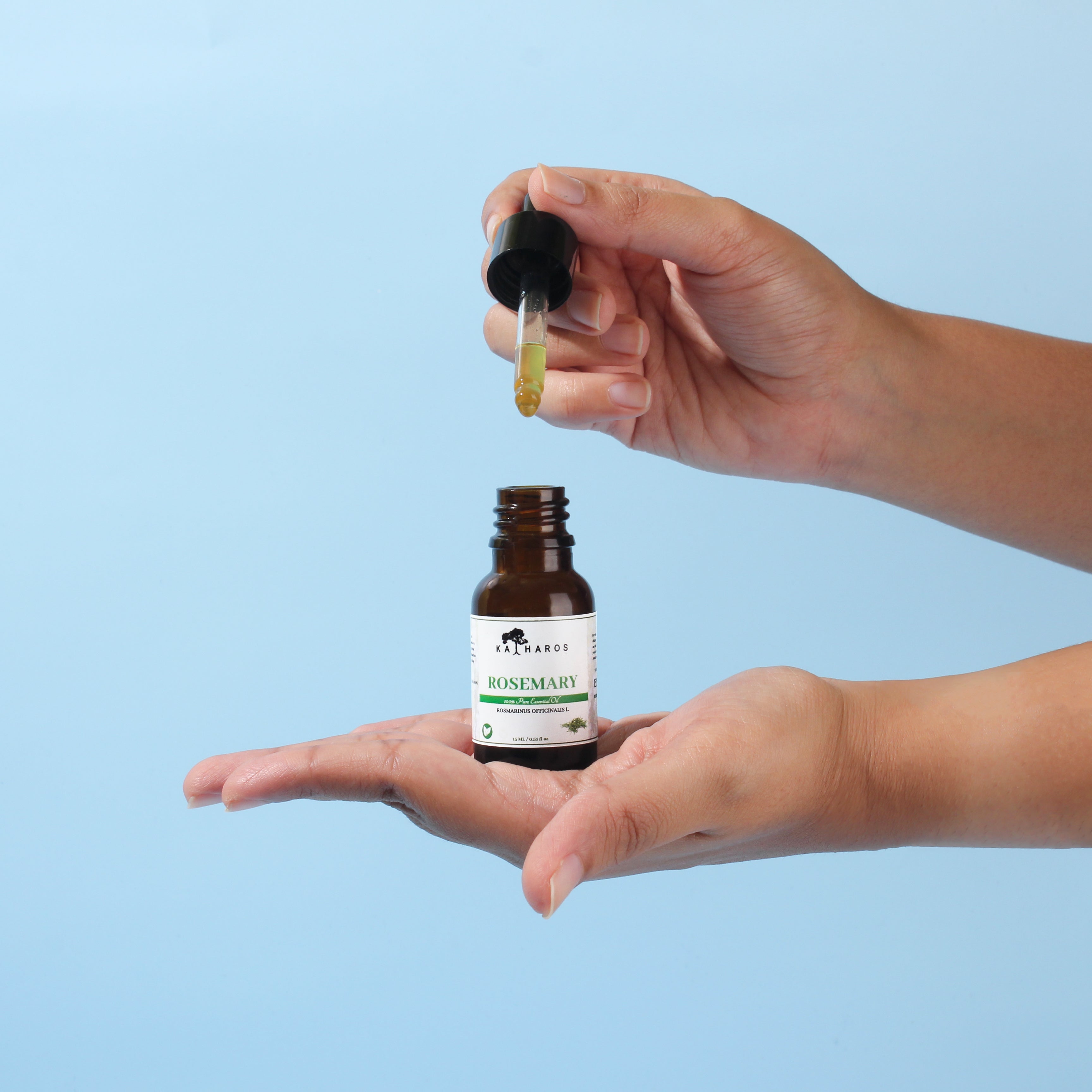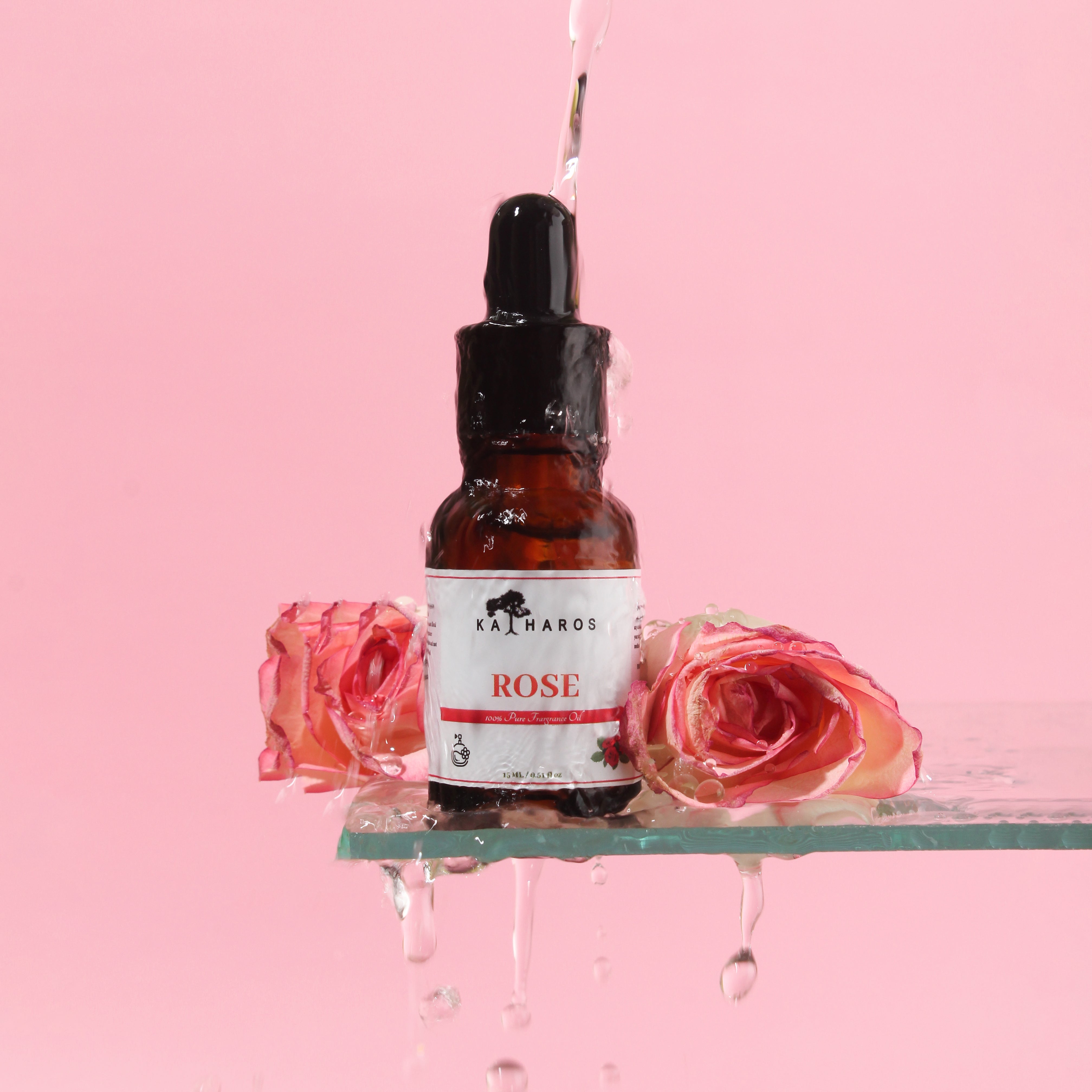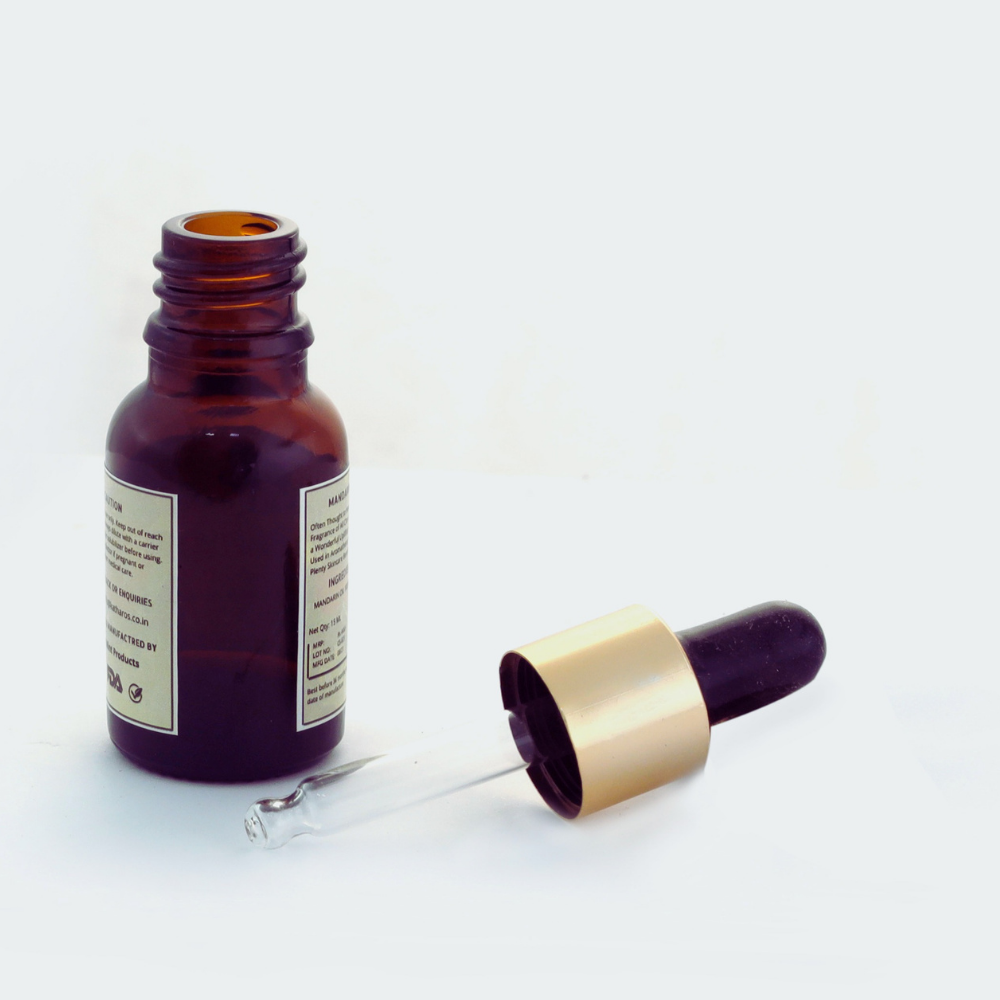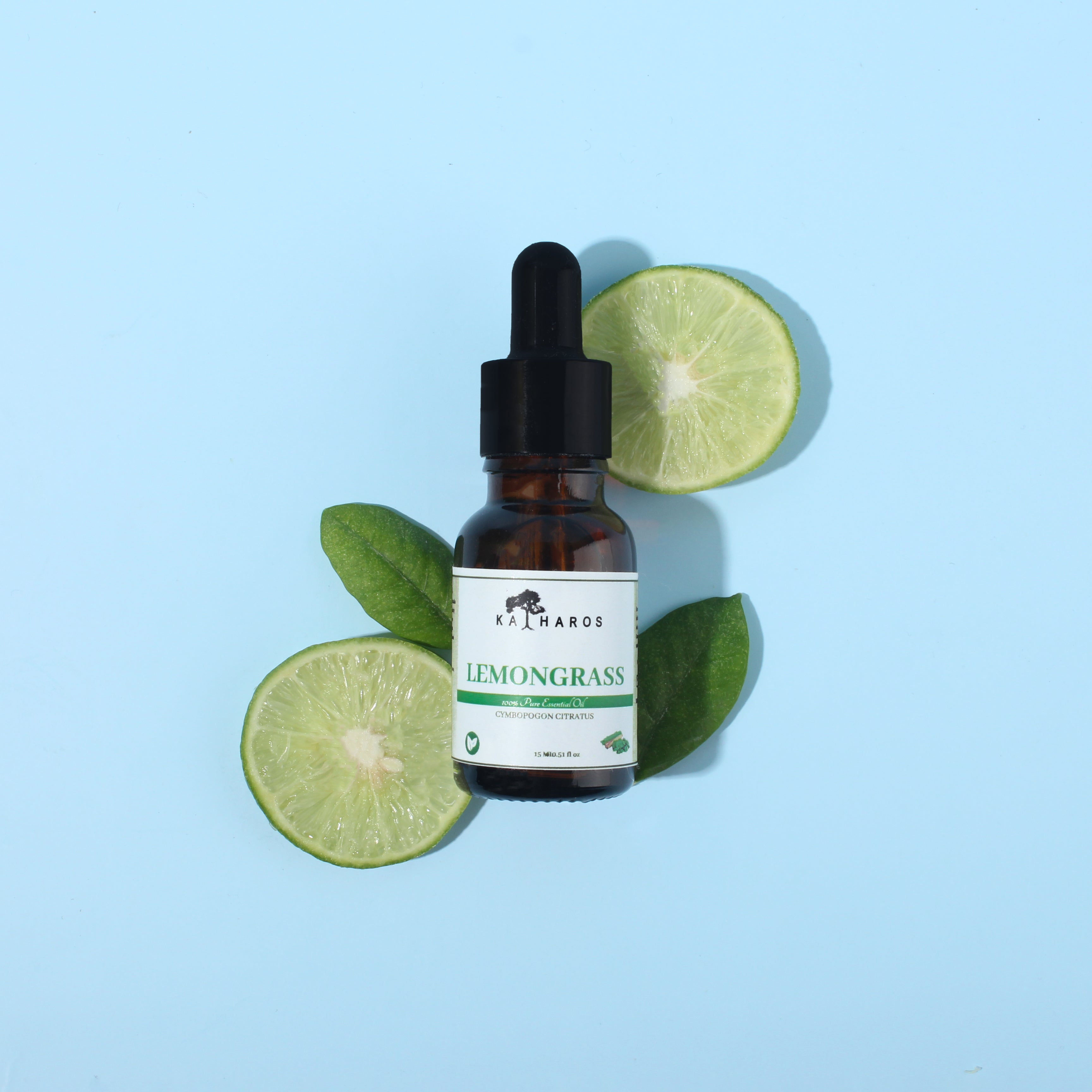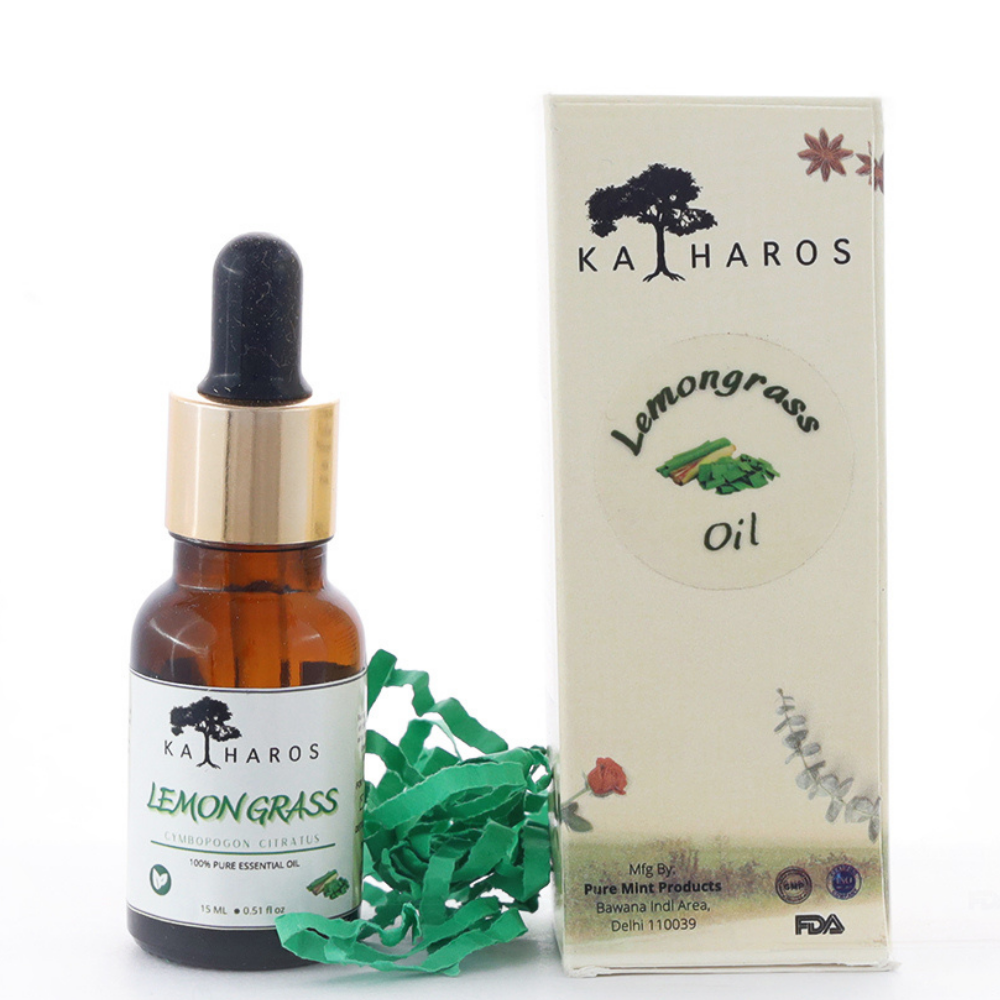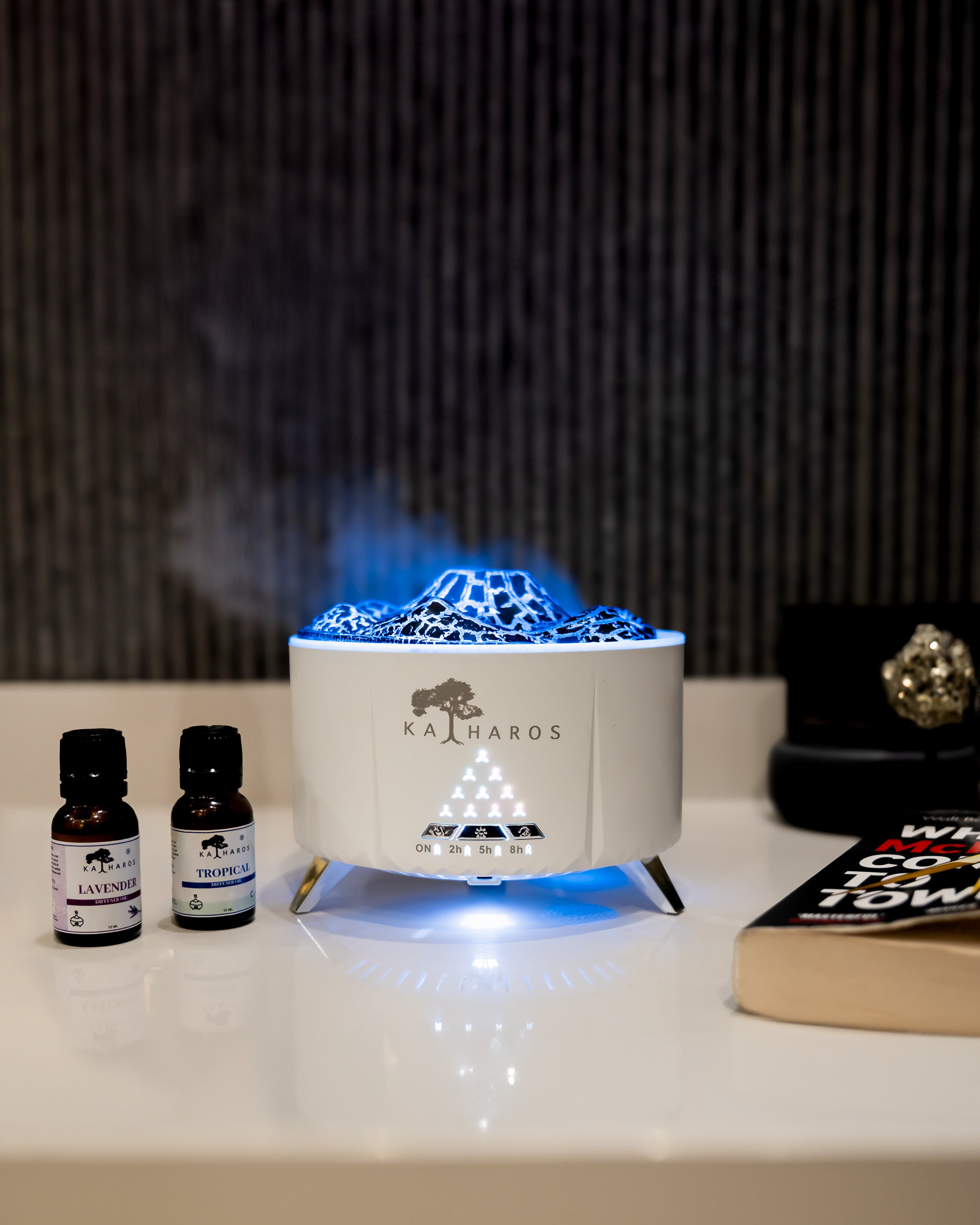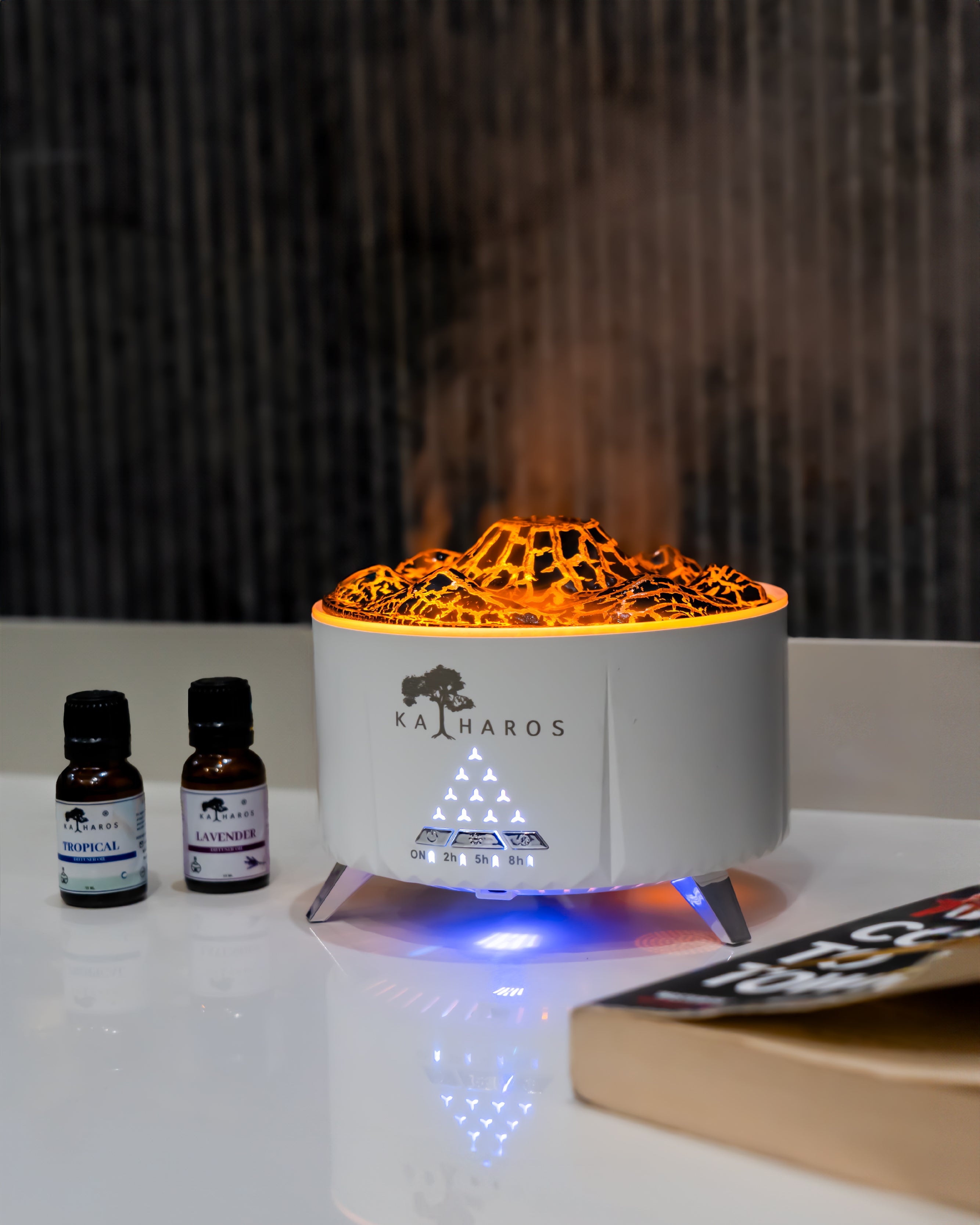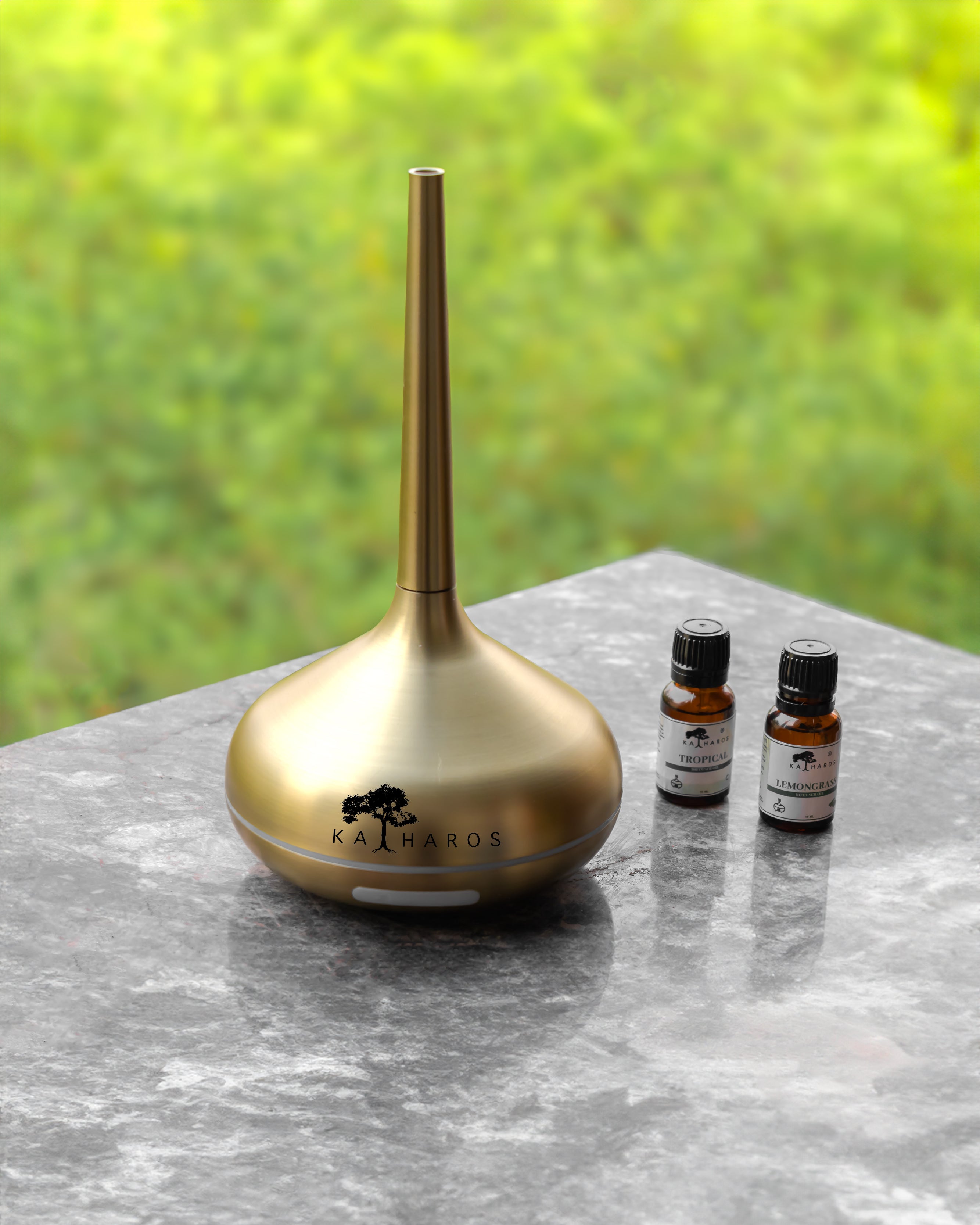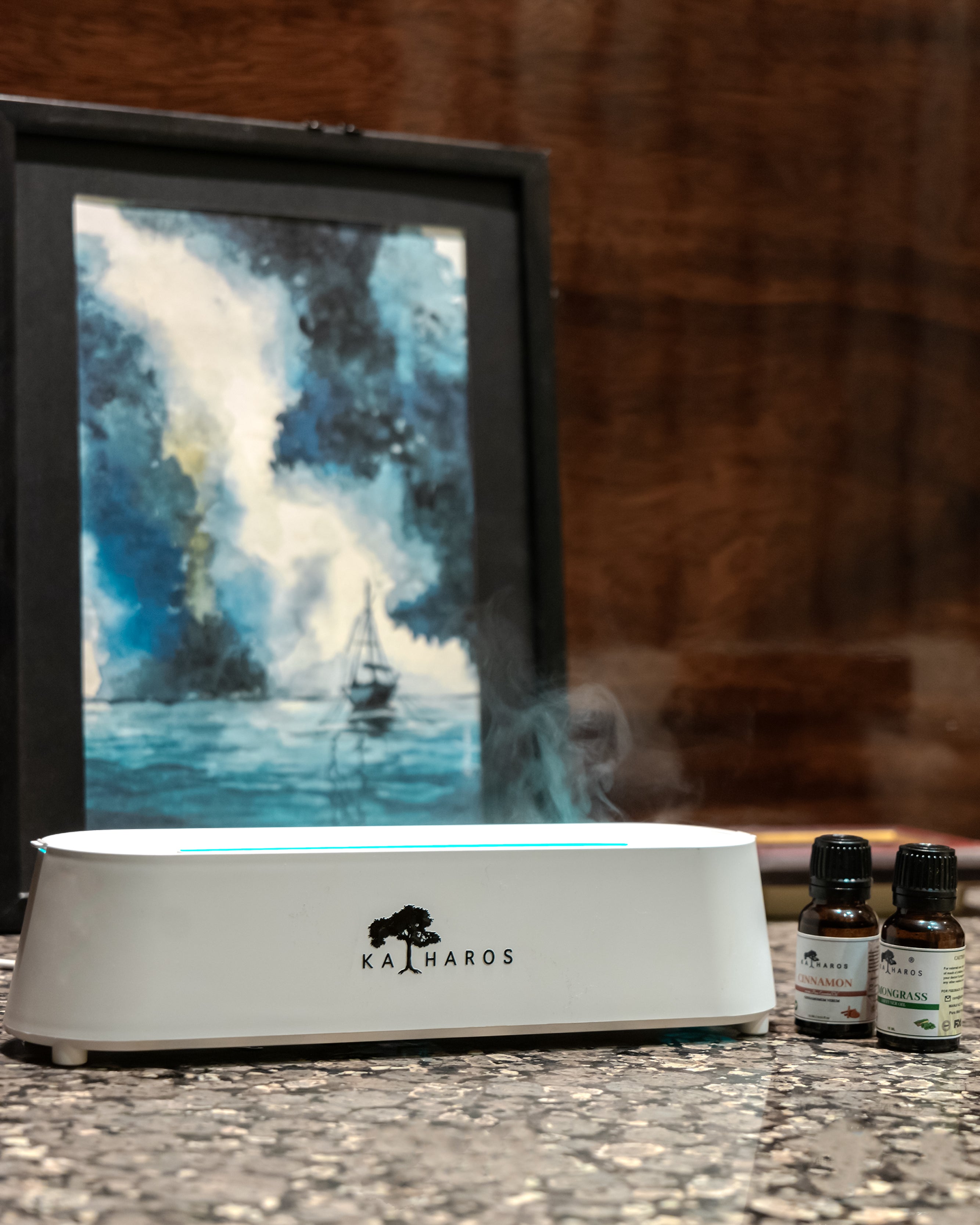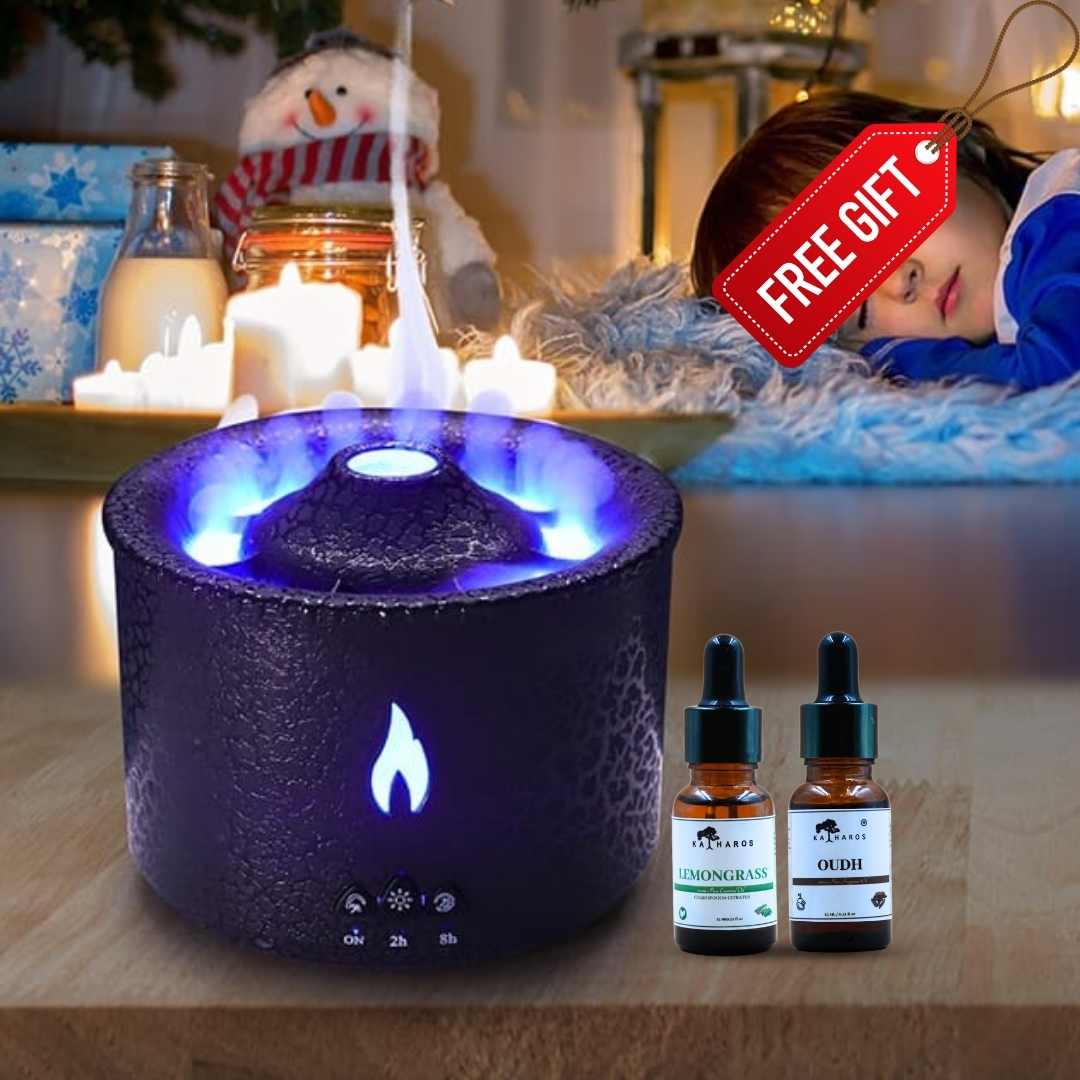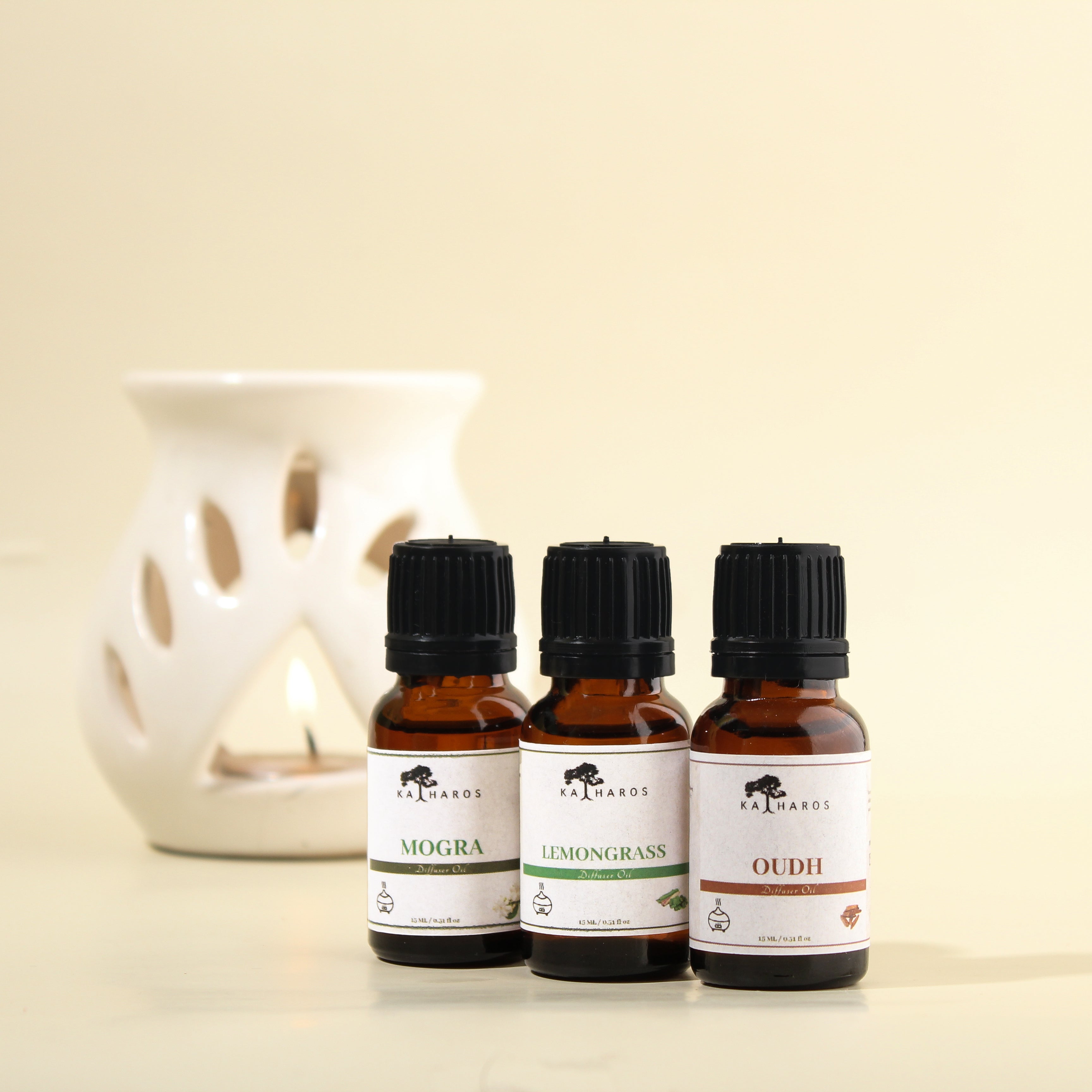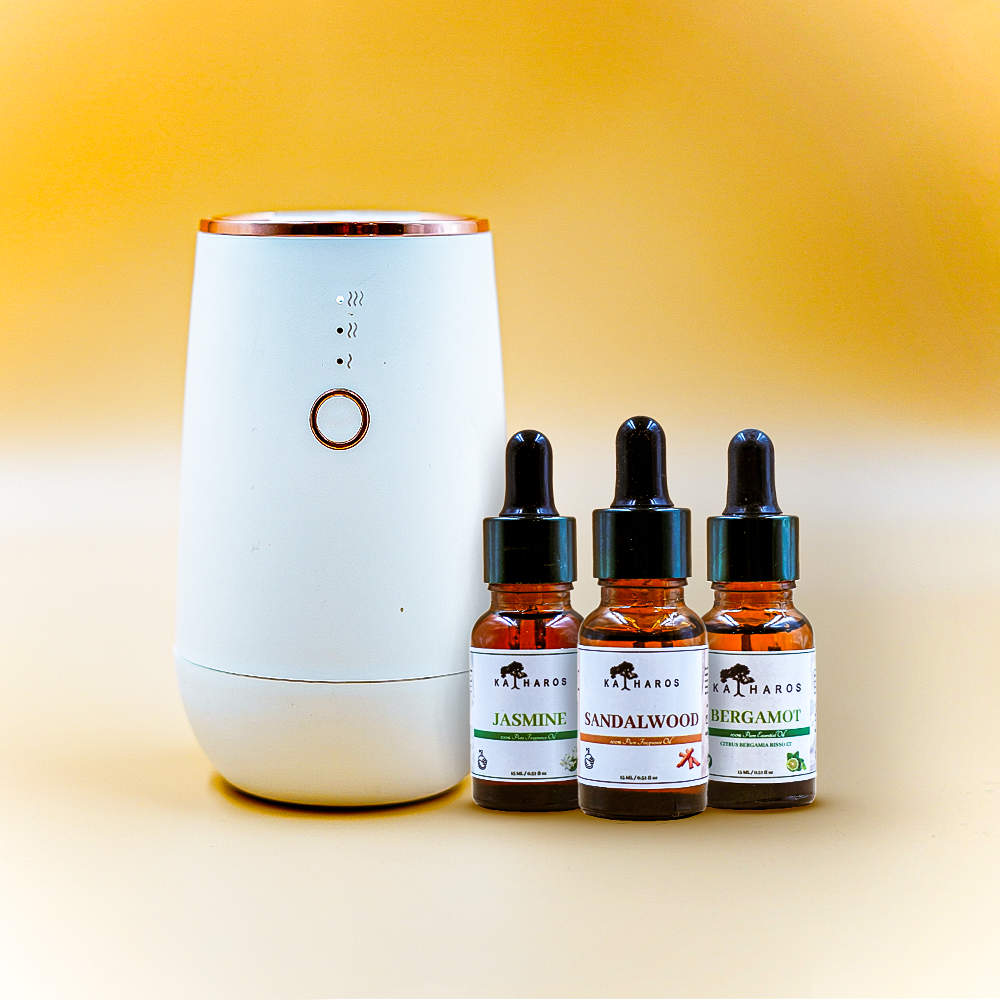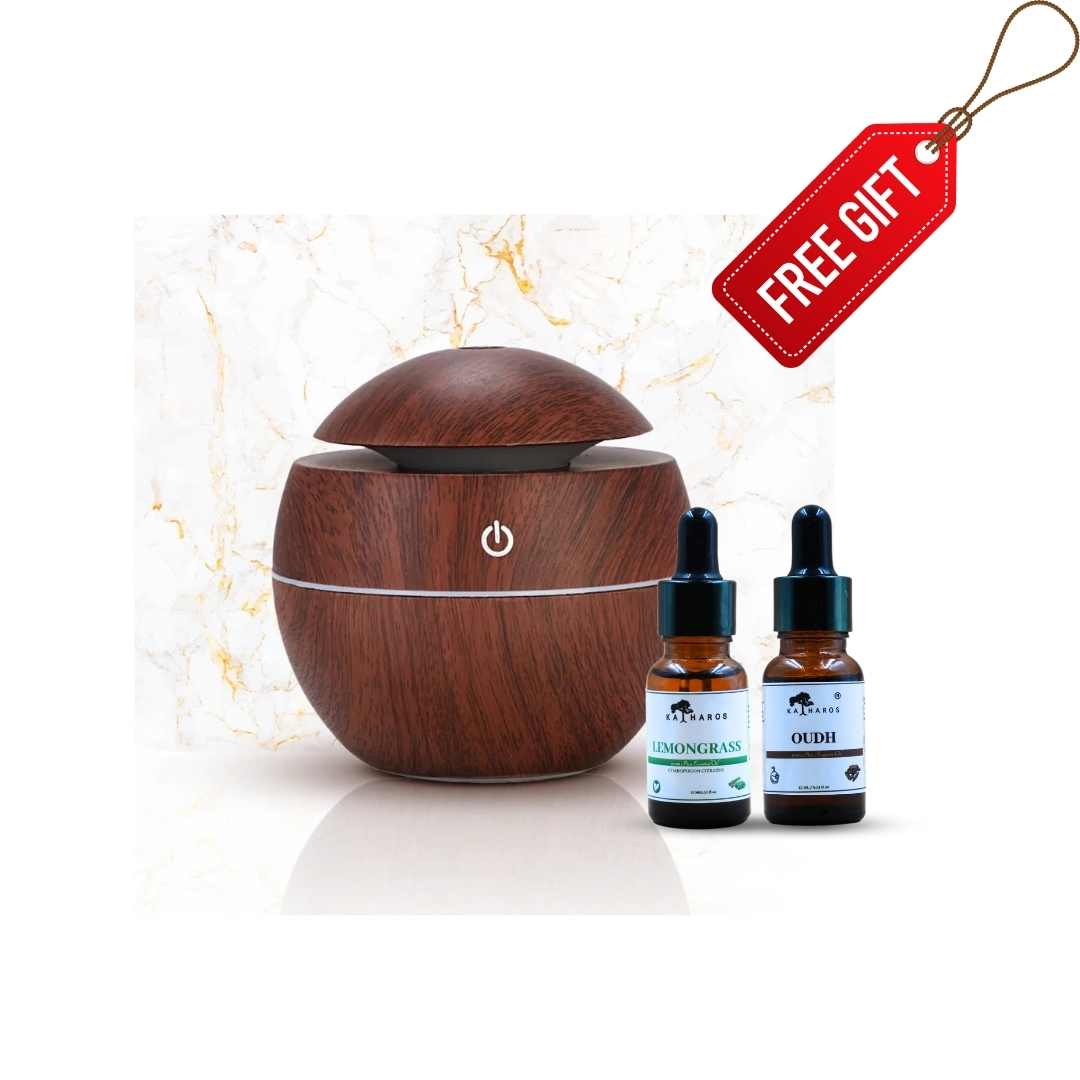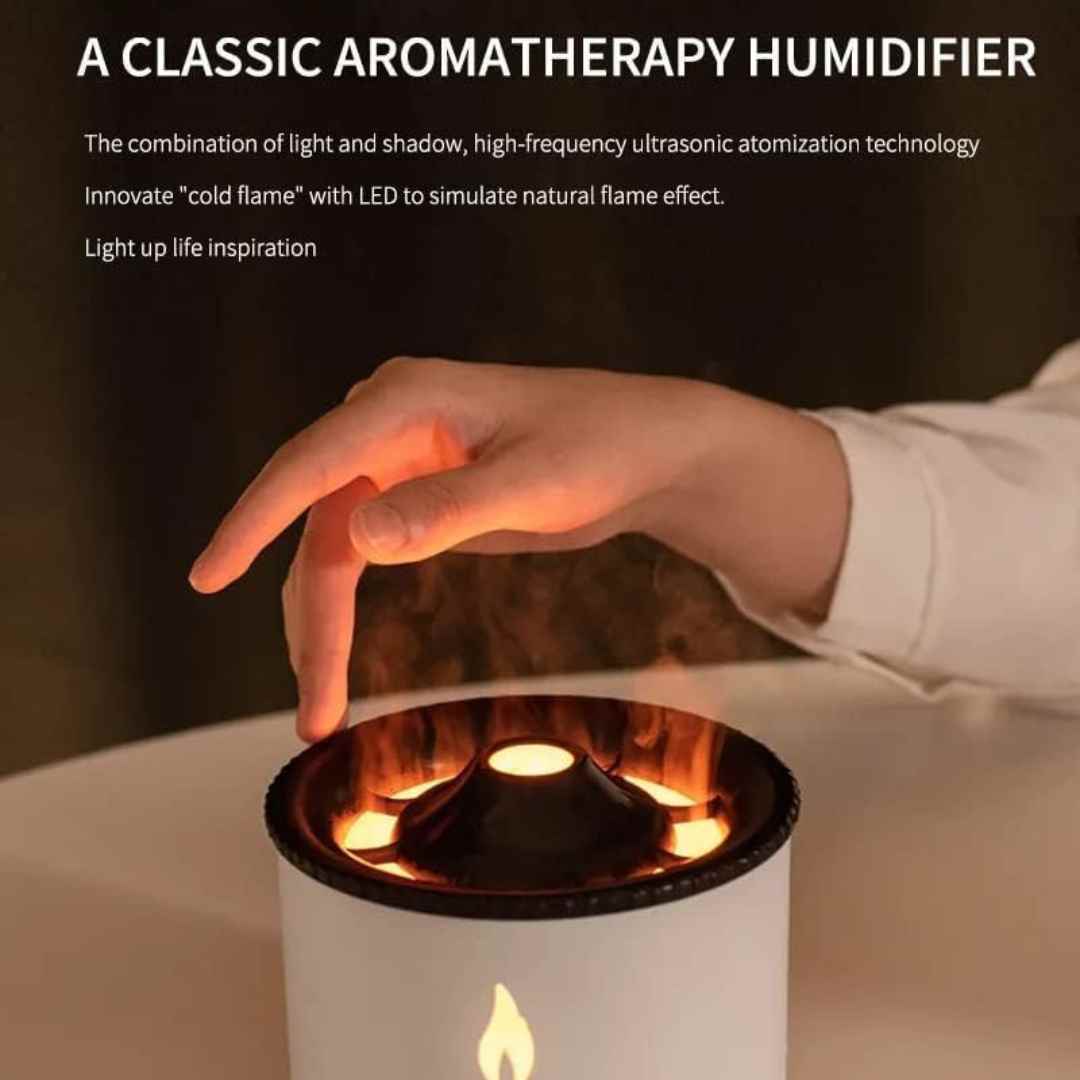Introduction:
Essential oils have been used for centuries as natural remedies to promote physical, emotional, and mental well-being. Extracted from various parts of plants, these aromatic oils possess potent therapeutic properties that can enhance our overall health. In this blog, we will explore 11 essential oil fragrances, their benefits, and the scientific evidence behind their healing powers.
Source: Patchouli (Pogostemon cablin) is a fragrant herb native to Southeast Asia.
Benefits:
- Stress Relief: Patchouli oil has been found to reduce stress and anxiety levels. A study published in the Journal of Natural Medicines (2009) showed that inhaling patchouli oil activated specific brain regions associated with relaxation and mood improvement.
- Skin Health: This essential oil possesses antifungal and antibacterial properties, making it beneficial for treating skin conditions such as acne and eczema. A study in the International Journal of Molecular Sciences (2017) highlights its potential in skincare.
Source: Ylang Ylang (Cananga odorata) is derived from the flowers of the tropical Ylang Ylang tree.
Benefits:
- Mood Enhancement: Ylang Ylang oil is renowned for its ability to promote a positive mood and reduce feelings of sadness or tension. A study in the Journal of Natural Medicines (2013) found that using Ylang Ylang oil helped reduce cortisol levels and induced feelings of calmness.
- Aphrodisiac: This oil has been traditionally used as an aphrodisiac due to its ability to boost libido and promote relaxation. A study in the Evidence-Based Complementary and Alternative Medicine journal (2014) discusses its potential in improving sexual function.
Source: Tea tree oil (Melaleuca alternifolia) is obtained from the leaves of the Australian tea tree.
Benefits:
- Antimicrobial Properties: Tea tree oil is a powerful natural disinfectant. Research in the Journal of Antimicrobial Chemotherapy (2000) supports its efficacy against various bacteria, viruses, and fungi.
- Acne Treatment: The anti-inflammatory and antibacterial properties of tea tree oil make it an effective remedy for acne. A study in the Indian Journal of Dermatology, Venereology, and Leprology (2007) highlights its role in reducing acne lesions.
Source: Sandalwood (Santalum album) comes from the heartwood of the sandalwood tree.
Benefits:
- Mental Clarity: Sandalwood oil is often used in meditation practices to promote mental clarity and relaxation. A study in the Planta Medica journal (2006) found that sandalwood oil had sedative effects on the central nervous system.
- Skin Soothing: This essential oil possesses anti-inflammatory properties that can soothe irritated skin. Research in the Pharmacognosy Magazine (2010) discusses its potential in skincare applications.
Source: Rosemary (Rosmarinus officinalis) is an herb with fragrant needle-like leaves.
Benefits:
- Cognitive Function: Rosemary oil has been associated with improved memory and concentration. A study in Therapeutic Advances in Psychopharmacology (2012) indicates that inhaling rosemary oil can enhance cognitive performance.
- Hair Growth: The topical application of rosemary oil has been linked to hair growth promotion. Research in the Journal of Ethnopharmacology (2015) suggests that rosemary oil can stimulate hair follicles and prevent hair loss.
Source: Peppermint (Mentha piperita) is a hybrid of watermint and spearmint plants.
Benefits:
- Digestive Aid: Peppermint oil is widely used to relieve indigestion and alleviate symptoms of irritable bowel syndrome (IBS). A meta-analysis in the British Medical Journal (2008) confirms its efficacy in treating IBS.
- Headache Relief: The cooling sensation of peppermint oil can help alleviate headaches. Research in the International Journal of Neuroscience (2016) discusses its potential for tension headache relief.
Source: Oudh (Aquilaria agallocha) is derived from the resinous heartwood of the agarwood tree.
Benefits:
- Emotional Balance: Oudh oil is used in aromatherapy for its calming and grounding properties. Although limited scientific studies exist, traditional use suggests its potential in reducing stress and anxiety.
Source: Lemongrass (Cymbopogon citratus) is a tropical grass with a lemony aroma.
Benefits:
- Insect Repellent: Lemongrass oil is a natural insect repellent. A study in the Journal of Vector Ecology (2011) confirms its effectiveness against mosquitoes.
- Anti-Inflammatory: The anti-inflammatory properties of lemongrass oil can help ease pain and reduce inflammation. A study in the BMC Complementary and Alternative Medicine (2019) highlights its potential in managing arthritis.
Source: Lavender (Lavandula angustifolia) is an aromatic flowering plant from Kashmir
Benefits:
- Sleep Aid: Lavender oil is renowned for its calming effects and can improve sleep quality. A study in the Journal of Alternative and Complementary Medicine (2015) demonstrates its positive impact on insomnia.
- Anxiety Reduction: Inhaling lavender oil has shown to reduce anxiety levels. A study in the Phytomedicine journal (2012) supports its anxiolytic properties.
Source: Jasmine (Jasminum grandiflorum) is obtained from the flowers of the jasmine plant.
Benefits:
- Antidepressant: Jasmine oil is known for its antidepressant effects. A study in the Journal of Health Research (2017) suggests that jasmine oil can positively influence mood and emotional states.
- Labor Pain Relief: Research in the Journal of Natural Medicines (2010) indicates that the inhalation of jasmine oil during labor can reduce labor pain and anxiety.
Source: Cinnamon (Cinnamomum verum) is extracted from the bark of the cinnamon tree.
Benefits:
- Antioxidant Properties: Cinnamon oil possesses potent antioxidant properties that can help neutralize free radicals. Research in the Journal of the American College of Nutrition (2009) highlights its antioxidant potential.
- Blood Sugar Regulation: Cinnamon oil may aid in blood sugar regulation. A review in the Diabetes, Obesity, and Metabolism journal (2012) discusses its effects on insulin sensitivity.
Conclusion:
Incorporating these 11 essential oil fragrances into your daily routine can offer a myriad of health benefits, from reducing stress and anxiety to improving cognitive function and skincare. Remember that essential oils are potent, and it's essential to use them safely and responsibly. Consult with a qualified aromatherapist or healthcare professional before using essential oils, especially if you are pregnant, nursing, or have any underlying health conditions.
Sources:
- Journal of Natural Medicines (2009, 2013, 2010)
- International Journal of Molecular Sciences (2017)
- Journal of Antimicrobial Chemotherapy (2000)
- Indian Journal of Dermatology, Venereology, and Leprology (2007)
- Planta Medica (2006)
- Pharmacognosy Magazine (2010)
- Therapeutic Advances in Psychopharmacology (2012)
- Journal of Ethnopharmacology (2015)
- British Medical Journal (2008)
- International Journal of Neuroscience (2016)
- BMC Complementary and Alternative Medicine (2019)
- Journal of Vector Ecology (2011)
- BMC Complementary and Alternative Medicine (2019)
- Journal of Alternative and Complementary Medicine (2015)
- Phytomedicine (2012)
- Journal of Health Research (2017)
- Journal of Natural Medicines (2010)
- Journal of the American College of Nutrition (2009)
- Diabetes, Obesity, and Metabolism (2012)





